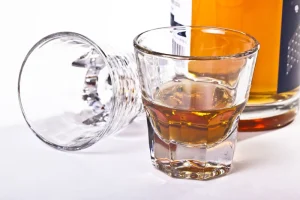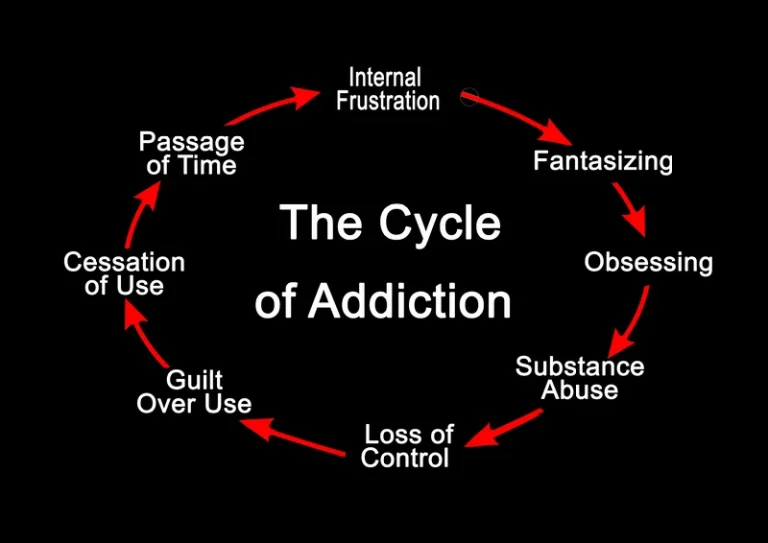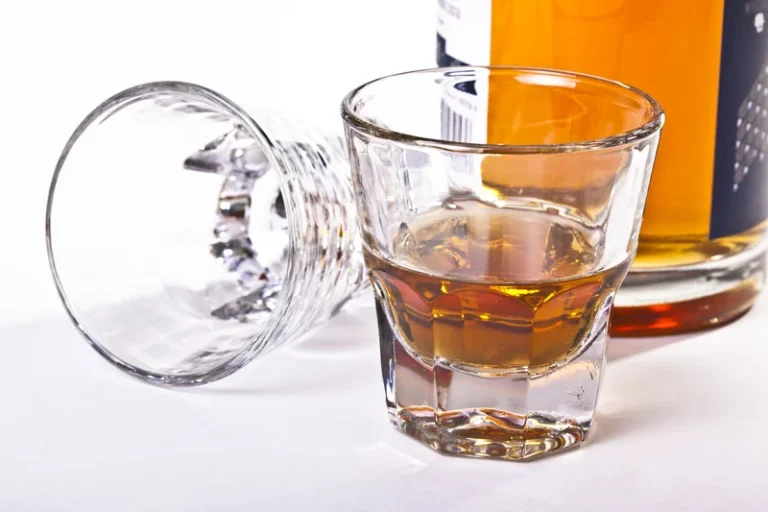
Manufacturers issue a COA when a CBD product receives an analysis from a third-party lab, confirming the product’s contents are of legal measurement. Before purchasing or selling a CBD product, check its COA and ensure it’s up to date and meets your state’s requirements. As a rule of thumb, stay away from CBD products with a THC content greater than 0.3%. Recently, the FDA became more aggressive in contacting businesses regarding the improper inclusion of CBD in their food products.
The Legal Gray Area: Marijuana-Based CBD Products
In North Carolina, hemp-sourced CBD products following federal laws are legal. Some individuals may obtain cannabis-derived CBD products with a medical cannabis license. However, unlike other states, North Carolina is very strict about who can access CBD for medical purposes—most instances involve medical studies or very specific medical conditions. Oddly, however, the company likely cannot manufacture the drug yet, at least not in the United States. That’s because the company likely needs to extract the CBD for the drug from cannabis plants / parts of cannabis plants that are still considered “marijuana” (and thus is cbd addictive Schedule I controlled substances) under federal law. In other words, GW Pharmaceuticals may now lawfully distribute CBD made from the buds or leaves of the Cannabis plant; it just can’t produce (or even possess) those buds and leaves here in the United States.
- The issue is that extracting CBD or THC is essentially the same process.
- Therefore, CBD under 0.3% concentration is legal in some states, and CBD products exceeding this threshold are also permissible in others.
- Most countries permit medical cannabis with a prescription but prohibit recreational use.
- However, many businesses operating in the CBD niche advertise medical claims with no supporting evidence.
CBD: Know the Facts

However, hemp-based CBD products with less than 0.3% THC are fully legal. In Minnesota, CBD products are legal so long as they contain less than 0.3% THC content. If you want cannabis-sourced CBD products, you must have a medical cannabis license. In Louisiana, you must have a medical cannabis license to obtain cannabis-sourced CBD products. However, hemp-sourced CBD with 0.3% THC content or less is legal in the state. As long as your CBD comes from hemp, it is federally legal, but CBD derived from marijuana is not.
Free Healthbeat Signup
Alena is a professional writer, editor and manager with a lifelong passion for helping others live well. She is also a registered yoga teacher (RYT-200) what is alcoholism and a functional medicine certified health coach. She brought more than a decade of media experience to Forbes Health, with a keen focus on building content strategy, ensuring top content quality and empowering readers to make the best health and wellness decisions for themselves.


However, there is also a South Carolina law allowing CBD products to contain up to 0.9% THC content for use in clinical trials.6Marijuana Policy Project. In Mississippi, hemp-sourced CBD products with 0.3% THC or below are legal. However, if you want cannabis-sourced CBD products, you must have a medical cannabis license, and you must obtain the CBD product from the University of Mississippi. While hemp is now legal at a federal level, some states are yet to follow suit. The difference between state and federal laws in the U.S. makes it challenging to distribute CBD products, so understanding your local state laws is essential for operating your business legally. THC, or tetrahydrocannabinol, is one of the primary psychoactive components of the cannabis plant.
